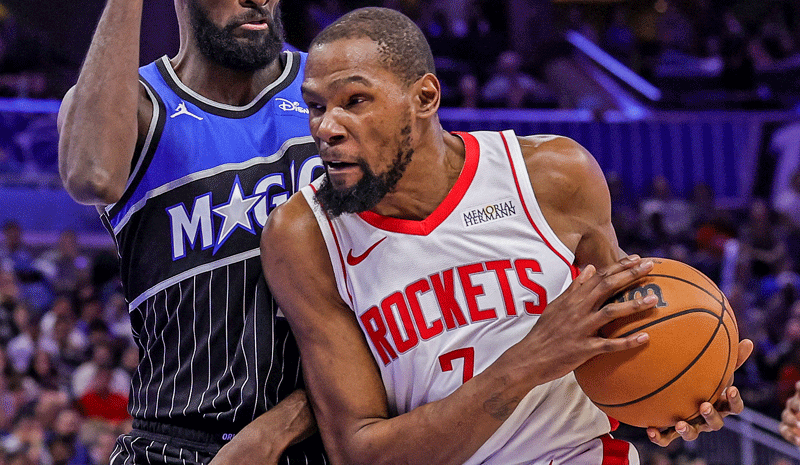The Los Angeles Lakers’ lucrative regional sports network deal faces potential uncertainty as Charter Communications explores selling Spectrum SportsNet, which currently pays the team an average of $150 million annually through 2032, according to a Puck report that has raised concerns across the NBA.
The Lakers’ RSN payment is roughly triple the league average and represents the single largest driver of the franchise’s financial advantage over rivals, sources told ESPN. The deal is far lower than even the second-largest local media agreement, with the New York Knicks accepting a 28 percent reduction from $135 million annually earlier this year due to MSG Network’s financial struggles.
Regional sports networks nationwide have faced significant headwinds from cord-cutting. Several NBA broadcast partners have gone out of business while more than a dozen others have declared bankruptcy.
NBA teams received approximately $110 million each last season from national rights deals. That figure increased to more than $140 million this year as part of a new 11-year, $77 billion agreement with ESPN, Amazon and NBC.
One team president told ESPN that local media rights represent the primary source of financial instability for franchises despite strong national revenue, ticket sales and sponsorships.
“The Lakers are the most exposed because they have the most to lose. They could have their deal cut in half and still make more than basically the entire league,” the executive said. “Every ownership in the league has been worried about its local rights and I’m sure it was part of the Buss family’s thinking to sell.”
The RSN situation directly affects the salary cap, which jumped 10 percent this season with the new television deal. Next year’s projections feature only a seven percent increase, with the three percent reduction coming at least partially from declining RSN revenue around the league, sources said.
The NBA is examining 2027, when numerous RSN deals expire, as a potential opportunity to package local streaming rights together. Amazon’s full control of NBA League Pass outside the NBA App could signal the direction of future distribution models.

























